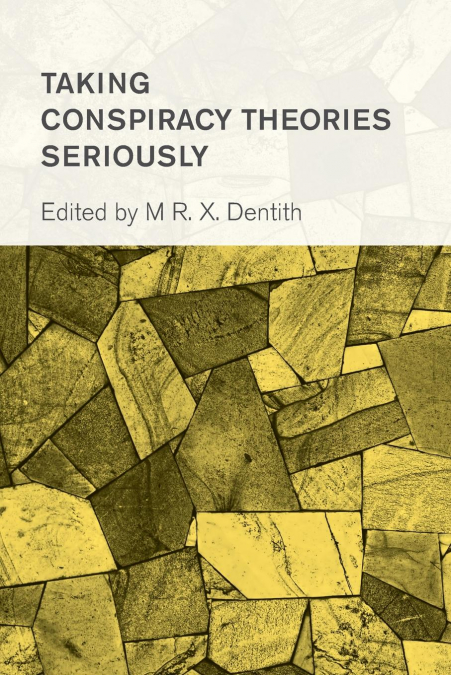
The contributors to this volume argue that whilst there is a commonplace superstition conspiracy theories are examples of bad beliefs (and that the kind of people who believe conspiracy theories are typically irrational), many conspiracy theories are rational to believe: the members of the Dewey Commission were right to say that the Moscow Trials of the 1930s were a sham; Woodward and Bernstein were correct to think that Nixon was complicit in the conspiracy to deny any wrongdoing in the Watergate Hotel break in; and if we either accept the terrorist events of 9/11 were committed by Al-Qaeda, or that the Bush Administration was responsible, then it seems we are endorsing some theory about a conspiracy to commit an act of terror on American soil. As such, there is no reason to reject conspiracy theories sui generis. This volume challenges the prima facie that conspiracy theories are irrational beliefs, arguing that we should treat conspiracy theories and the phenomena of conspiracy theories seriously. It presents fresh perspectives from the wider philosophical, sociological and psychological community on what is becoming an issue of increasing relevance in our time.